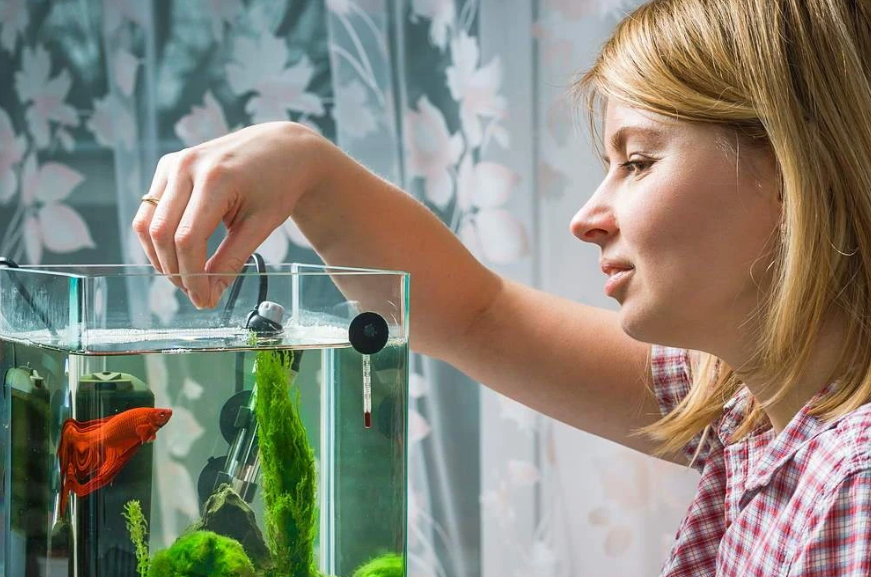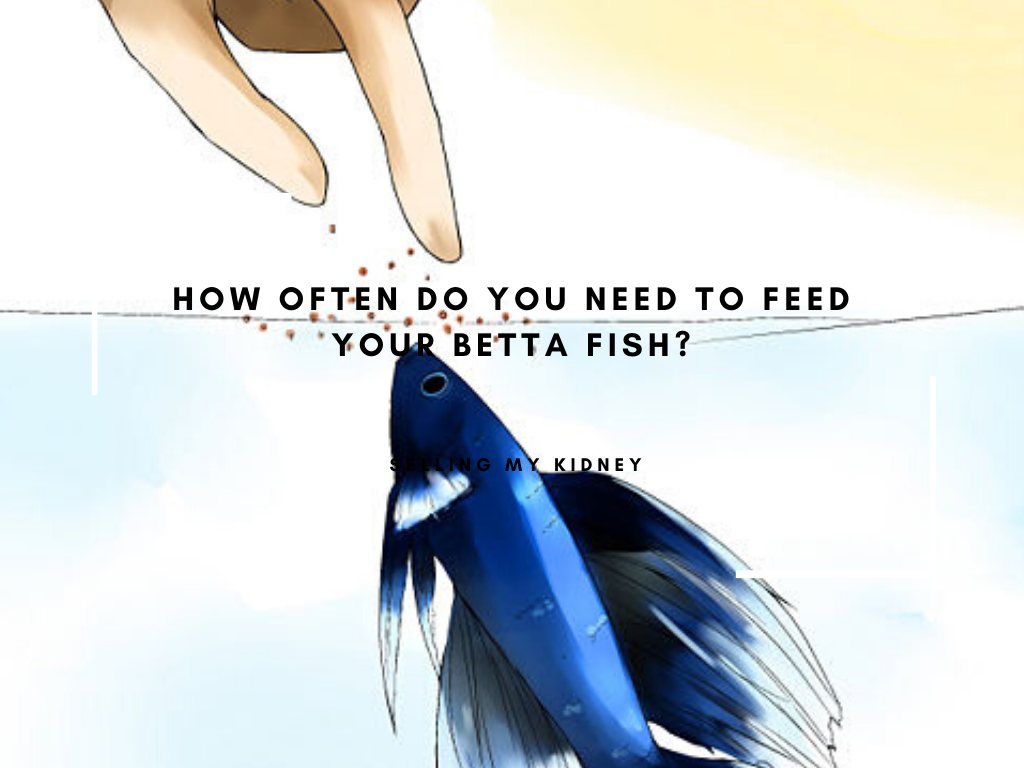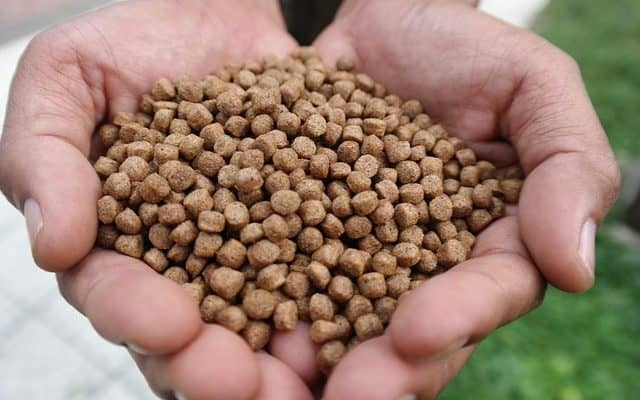New pet owners are often confused by the question “how often should I feed my betta fish?” Although it may seem like a straightforward question, there are different factors which must be considered when designing a feeding schedule for your fish. Are you someone who feeds their betta regularly throughout the day?
In the fish-keeping community, there is a stark difference between surviving and thriving. When it comes to a hardy specimen such as the betta, it is easy to get away with doing the bare minimum.
It doesn’t take much effort to keep your betta fish alive, but that doesn’t mean that it’s living its best life.
You must ask yourself, are you trying to keep it alive or are you trying to have a healthy betta?
Raising a healthy fish means that you will need to put in a little extra effort during your daily routine. As with any other animal, a betta fish can benefit from having a regular schedule.
Of course, this will mean more work on your part, but this is crucial for giving your pet the best possible life.
Once you are willing to make a commitment, you just need to familiarize yourself with their healthy habits. Are you ready to try to make sure your betta has a healthy eating routine?
How often should I feed my betta fish?

Experts recommend feeding your betta fish twice daily – once in the morning and once in the evening. Feeding should ideally take place 12 hours apart, giving the betta adequate time to process the previous meal.
While it is recommended that feeding should take place in the morning and night, there isn’t a “best time” for the fish to receive their food.
Instead, try to find feeding times which work best around your personal schedule and then keep it consistent. Consistency is the most important element when establishing a routine.
When you do things at the same time every day, this conditions your betta to expect food and be hungry at a specific time of day.
What do betta fish eat?

Betta fish are carnivores, meaning they get a lot of protein from their natural diet.
Although you need to worry about their heightened levels of aggression towards other fish, they typically don’t eat other fish.
In the wild, Siamese fighting fish swim around their habitats and hunt for bugs to munch on. They eat insects, insect larvae, and even insect eggs which they find floating on the surface of the water.
This doesn’t mean that you have to keep a fresh container of bugs in your home. You just need to make sure you purchase the right fish food.
Standard tropical flakes may not have the nutrition that your betta fish want or need. If you give them the wrong food, this can be like trying to feed your cat rabbit food.
It is worth doing some research and investing in quality food for your betta. You can check out some of the most recommended food in this article.
How much should you feed your betta fish?
When using flakes or pellets, less is more. Only give your bettas a small pinch of food at feeding time. If you are worried that your fish isn’t getting enough food, it is good practice to monitor their eating
behavior. After putting the food in the tank, see how much they actively eat before it sinks to the bottom.
This is one aspect where using pellets is a bit easier as it offers uniform sized pellets, so it is easy to measure out feeding portions and keep them uniform.
Most bettas are fine with two or three medium pellets during each session if they are fed twice a day. The ideal amount of food is the amount that they eat while it is still floating at the top of the tank.
Will betta fish eat food at the bottom of the tank?

Once the food has sunk to the bottom of the tank, a betta will be less likely to eat it.
In the wild, they typically hunt things which float on the surface of the water, so they generally aren’t too interested in soggy food at the bottom of their tank. Leran about betta tank here.
This doesn’t mean they will never eat that food. Some bettas are happy to overindulge to their heart’s content.
While you may think they are getting extra nutrition, overeating can be incredibly harmful to your fish.
Overeating can lead to bloating, which can be deadly for small fish with a stomach only slightly bigger than one of their eyes.
Taking away the food they don’t eat can prevent them from eating more than they need to and becoming sick. In general, it is good practice to remove dirty food from a tank anyway, as this can cause other problems.
Decaying food can contribute to bad water quality, which will stress your fish out and increase the chance of them becoming sick.
Simply scoop out the leftover food with a small net once it sinks to the bottom and before it has the chance to decompose.
What should I feed my betta fish?

As we stated earlier, bettas are natural-born hunters. They like to eat insects, larvae, eggs, and certain types of flakes and pellets.
Make sure the flakes or pellets you purchase are specially formulated for carnivorous fish. Better yet, you can invest in a food which is made for bettas specifically.
If you want to give your betta a little treat, you can also give them some live or freeze-dried/ frozen bloodworms. It can be a great idea to offer the fish a special source of nutrition during breeding.
Just make sure not to offer too many treats. A small, weekly treat is a nice little surprise for your betta fish and it won’t be overdoing it.
Betta fish make for an elegant addition to any household. While this hardy fish is easy to keep alive, pet owners should take these small steps to ensure their betta is as healthy as possible.
Simply keeping to a schedule and feeding your betta the right food twice a day is enough to keep them in tip-top shape.
Do you have any advice on how to keep a schedule for your fish feeding? Comment your experiences below!



